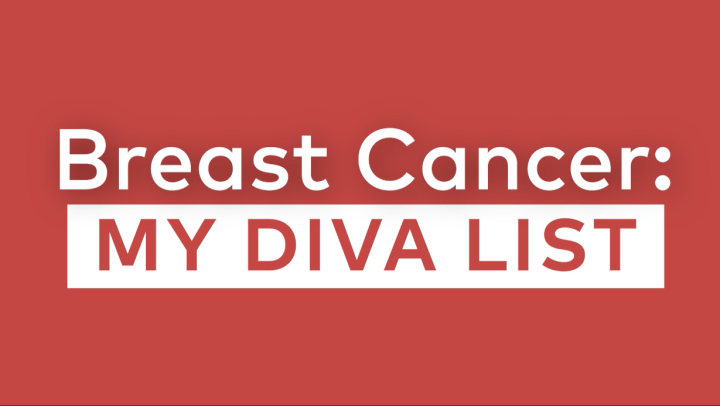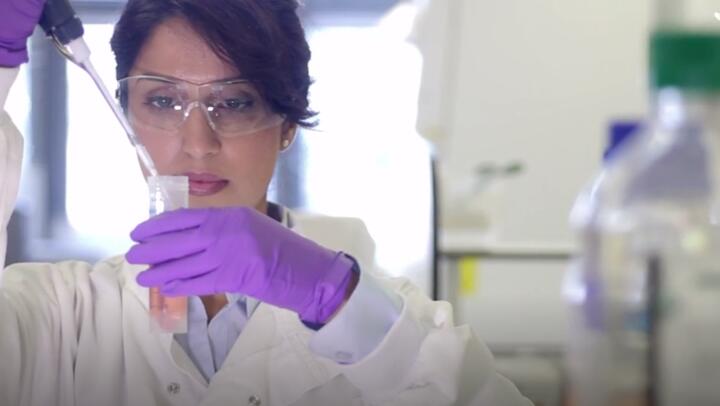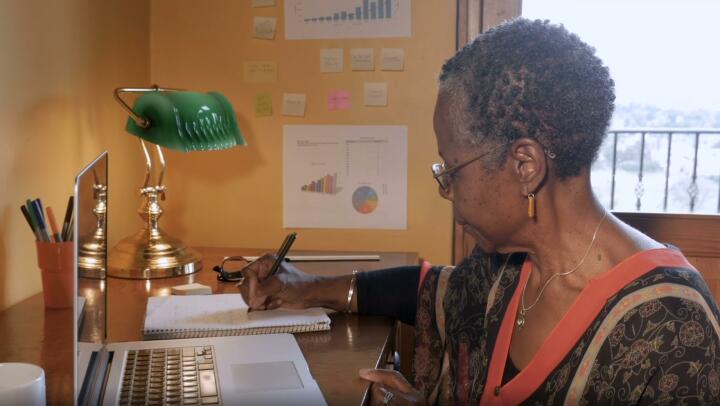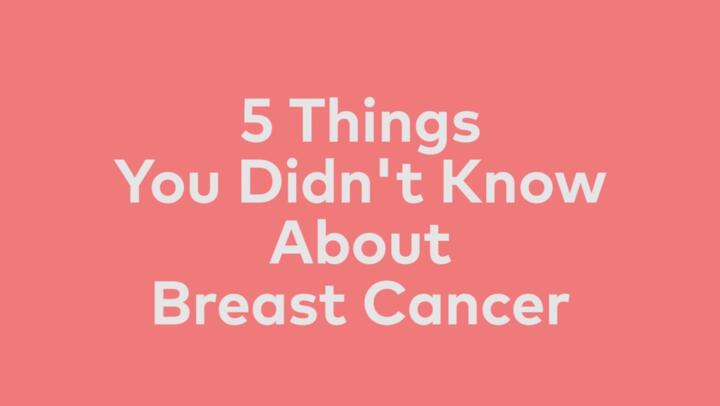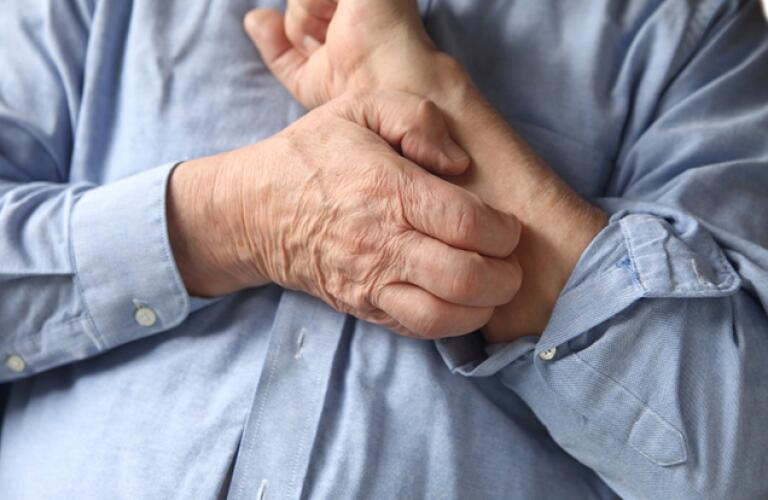
Polycythemia vera (PV), a rare blood disorder involving an overproduction of red blood cells, white cells, and platelets. Because PV can cause your blood to thicken, it is a serious but usually manageable disease. Just because you have PV does not mean you will have complications, but here are some of the conditions for which you may be at increased risk.
1. Stroke and heart attack
About 30% of the people who have polycythemia vera develop blood clots in their veins and arteries. In fact, clots are often the symptom that leads to a diagnosis. The clots form because the thicker blood flows more slowly through your body and, combined with the extra blood cells, make it more likely to clump. Blood clots can cause stroke, heart attack or a pulmonary embolism, which is a blockage in the arteries in your lung. Your doctor can give you treatments and medication to lower your risk of these events, including blood thinners, medicines that reduce the rate of blood cell production, and treatments that reduce the amount of extra blood in your body.
2. Enlarged spleen
Many people who have PV will develop an enlarged spleen. Your spleen filters your blood, so when you have polycythemia vera, the excess cells tend to collect in that organ. Symptoms of an enlarged spleen include discomfort, pain or fullness in the upper left side of the abdomen, indigestion, and a loss of appetite. An enlarged spleen can lead to infection and, in some cases, rupture. Your doctor will try to treat the cause of the enlargement, and will remove the organ only if it becomes necessary.
3. Itching and other skin problems
Polycythemia vera may make your skin itch as it cools after a warm bath or shower or after sleeping in a warm bed. Your provider can treat the itching with antihistamines, topical creams, or UV light. Antidepressants can also help stop itching, so your doctor may prescribe one for you even if you are not depressed. PV can also cause a burning or tingling sensation in your skin, particularly on your arms, legs, hands or feet, for which your doctor can also prescribe medication. People with polycythemia vera often have a red complexion, as well as redness of their palms, soles of the feet, ear lobes, and eyes.
4. Gastrointestinal issues
Polycythemia vera can also cause several stomach and digestive complications. One is the development of peptic ulcers, which are sores on the lining of your stomach, esophagus or small intestine, which may bleed into your gut. Your doctor can treat your ulcers with medicines that protect the lining of your GI tract and other drugs that reduce acid production or antacids, which neutralize the acids.
5. Gout
The high turnover of red blood cells in people with PV can raise the amount of uric acid in your blood, which can cause gout, a painful joint inflammation. Gout often affects the big toe, but it may strike other joints as well. There are medicines that reduce the amount of uric acid in your blood and also pills and treatments that reduce inflammation. Abnormally high levels of uric acid can also cause kidney stones.
6. Other blood disorders
Though it’s uncommon, PV can lead to the following blood disorders.
Myelofibrosis - Approximately 15% of PV patients develop myelofibrosis, a progressive bone marrow disorder in which bone marrow is replaced with scar tissue. You may also become anemic and have an enlarged liver or spleen. The outcome for people with myelofribrosis varies widely.
Myelodysplastic syndromes - myelodysplastic syndromes are a group of cancers in which stem cells don't mature or function like they should, so they don’t produce enough healthy blood cells. Treatment can include chemotherapy and blood transfusions, as well as supportive care and in some few cases, a bone marrow transplant.
Acute Myeloid Leukemia (AML) - In an even smaller amount of cases, people may develop AML, another type of cancer of the blood. AML includes several related diseases, and depending on the type that is diagnosed, patients have different outlooks and responses to treatment.
There are many treatments for polycythemia vera, as well as ways to lower your risk of complications. Talk to your healthcare provider about options to keep your PV managed and your life on track.






